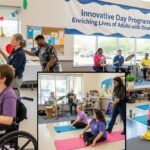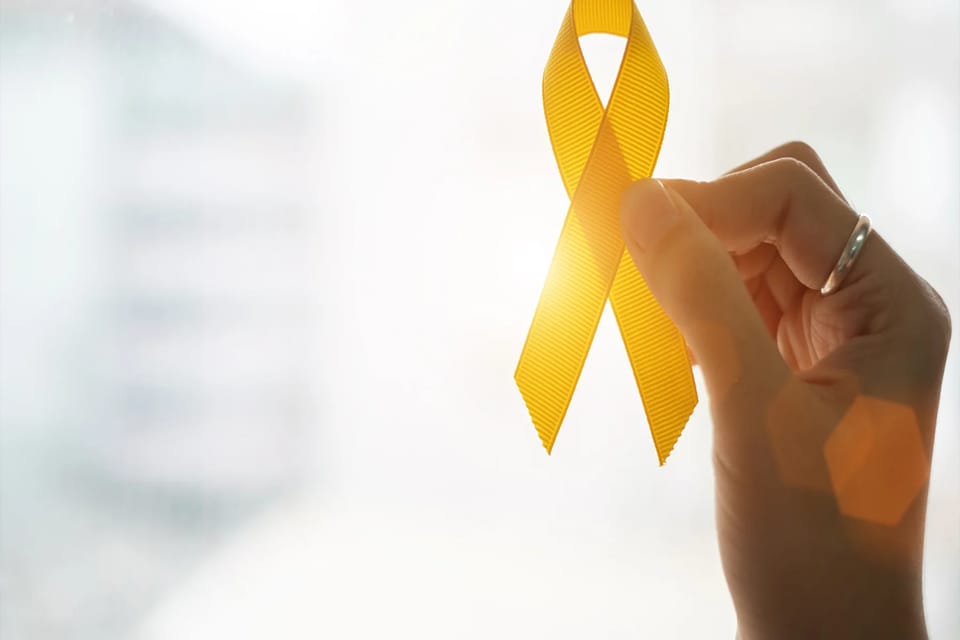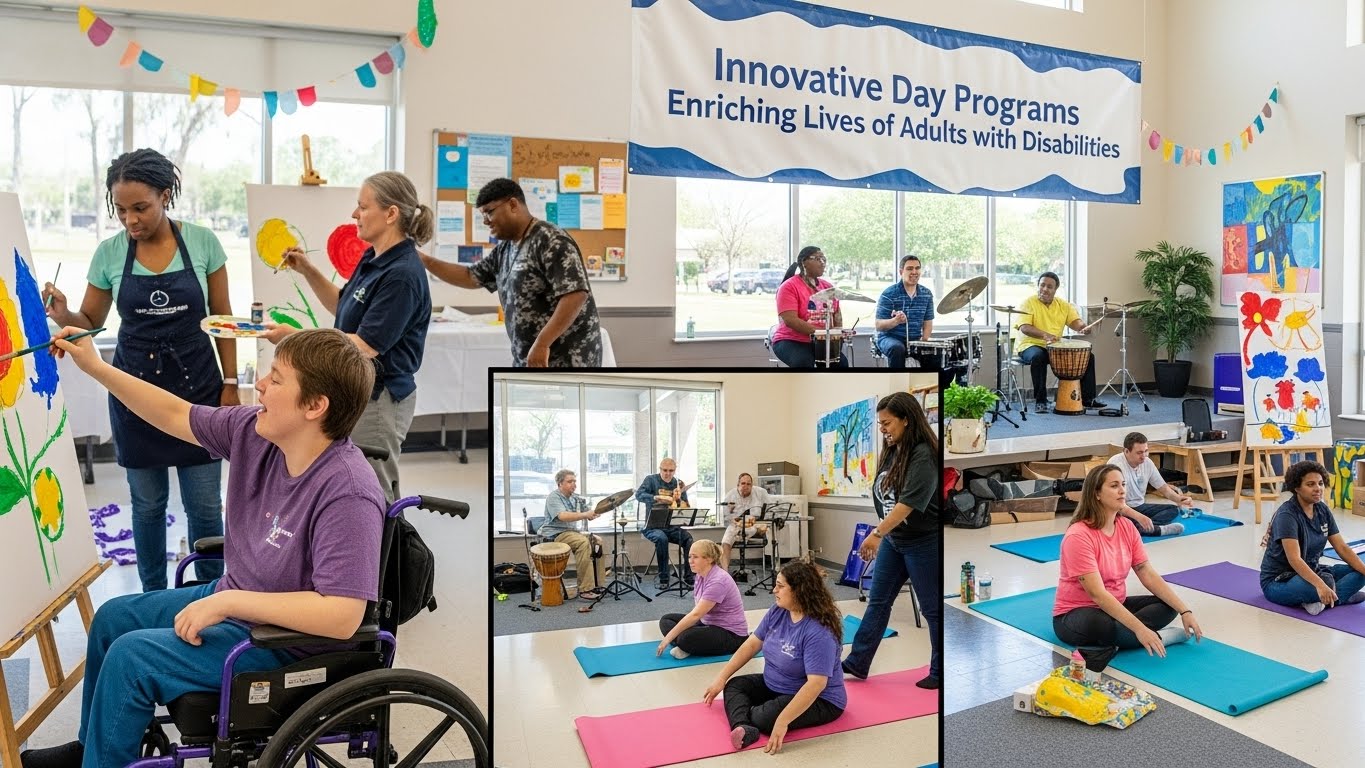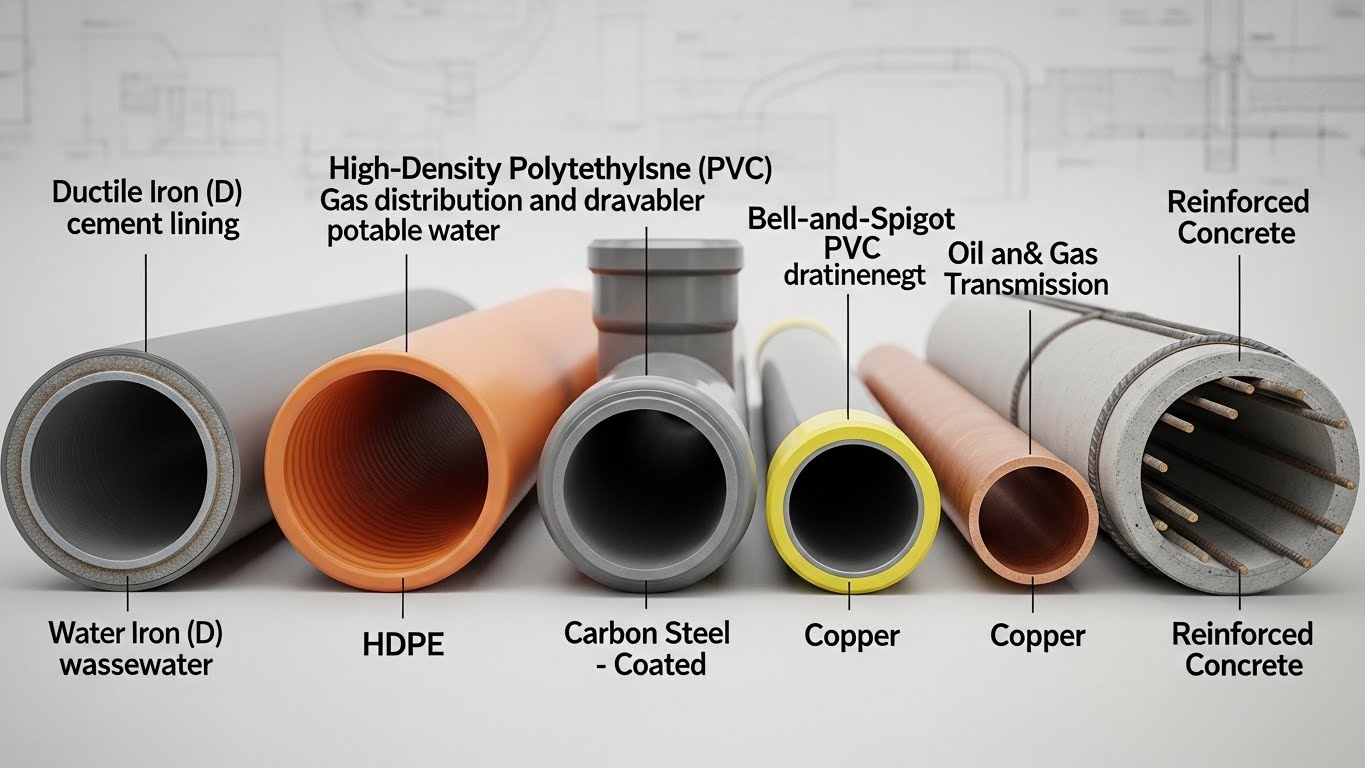Cancer impacts individuals and communities profoundly, but for Aboriginal and Torres Strait Islander people, the challenges of receiving adequate treatment are even more pronounced. Approximately three Aboriginal individuals receive a cancer diagnosis each day in Australia. While their overall cancer diagnosis rate is slightly lower than that of non-Aboriginal Australians, the mortality rate is significantly higher, with Aboriginal people facing nearly a 30% greater chance of dying from cancer. This stark disparity highlights the urgent need for effective cancer primary care strategies that can bridge gaps in health services and improve outcomes for survivors.
Primary care physicians play an important role in the ongoing care and support of cancer survivors. As trusted healthcare providers, they are often the first point of contact for patients seeking health services and can provide essential continuity of care throughout the progression of the disease. Their involvement is crucial in ensuring survivors receive the necessary follow-up care, screening, and support services tailored to their needs. Through fostering open communication with patients and advocating for their needs, these professionals can create a more effective care pathway that encourages proactive engagement in health management. Understanding how primary care physicians can support cancer survivors and contacting local cancer programs remains vital to improving long-term health outcomes.
One key area in which healthcare professionals can make a difference is early detection and prevention. Through actively promoting regular health checks and awareness of cancer risk factors, they can empower patients with knowledge about their health. Furthermore, tailored cancer programs provide health education that can help reduce cancer risks and promote proactive health management.
Another significant aspect of support involves facilitating access to screening and treatment services. Many Aboriginal patients may face barriers to healthcare, including geographical distance, cultural differences, and a lack of resources. In response, primary care physicians can help navigate these challenges, provide referrals to specialist services, and coordinate care with local Aboriginal Community Controlled Health Services (ACCHSs). By building relationships with these organisations, physicians can ensure survivors receive culturally sensitive care that respects their backgrounds and experiences.
Cancer survivors often experience a range of emotional challenges, including anxiety, depression, and uncertainty about the future. Primary care physicians should be vigilant in recognising and addressing these issues appropriately. This can involve offering counselling services, connecting patients with mental health professionals, or simply being there to listen and provide reassurance. A holistic approach to their physical and emotional well-being is crucial to how primary care physicians can support cancer survivors.
Continuous education for primary care professionals is essential to equip them with the skills and expertise to effectively support cancer survivors. By participating in workshops and training sessions, physicians can stay informed about the latest treatment options and best practices in cancer care. This knowledge will not only benefit their practice but also improve patient outcomes in the communities they serve.
The role of primary care physicians in supporting cancer survivors is multifaceted and essential. Through their focus on prevention, facilitating access to care, providing mental health support, and engaging with the community, these health professionals can significantly impact the lives of those affected by cancer. For those interested in learning more about how primary care physicians can support cancer survivors in your community, contact local health programs dedicated to Aboriginal cancer care. Building strong connections with these services can help ensure that every survivor in the community can explore available resources and receive the comprehensive support they need to thrive after cancer. Survivors and their families need to understand that they are not alone in this journey and that dedicated professionals are ready to help them every step of the way.












